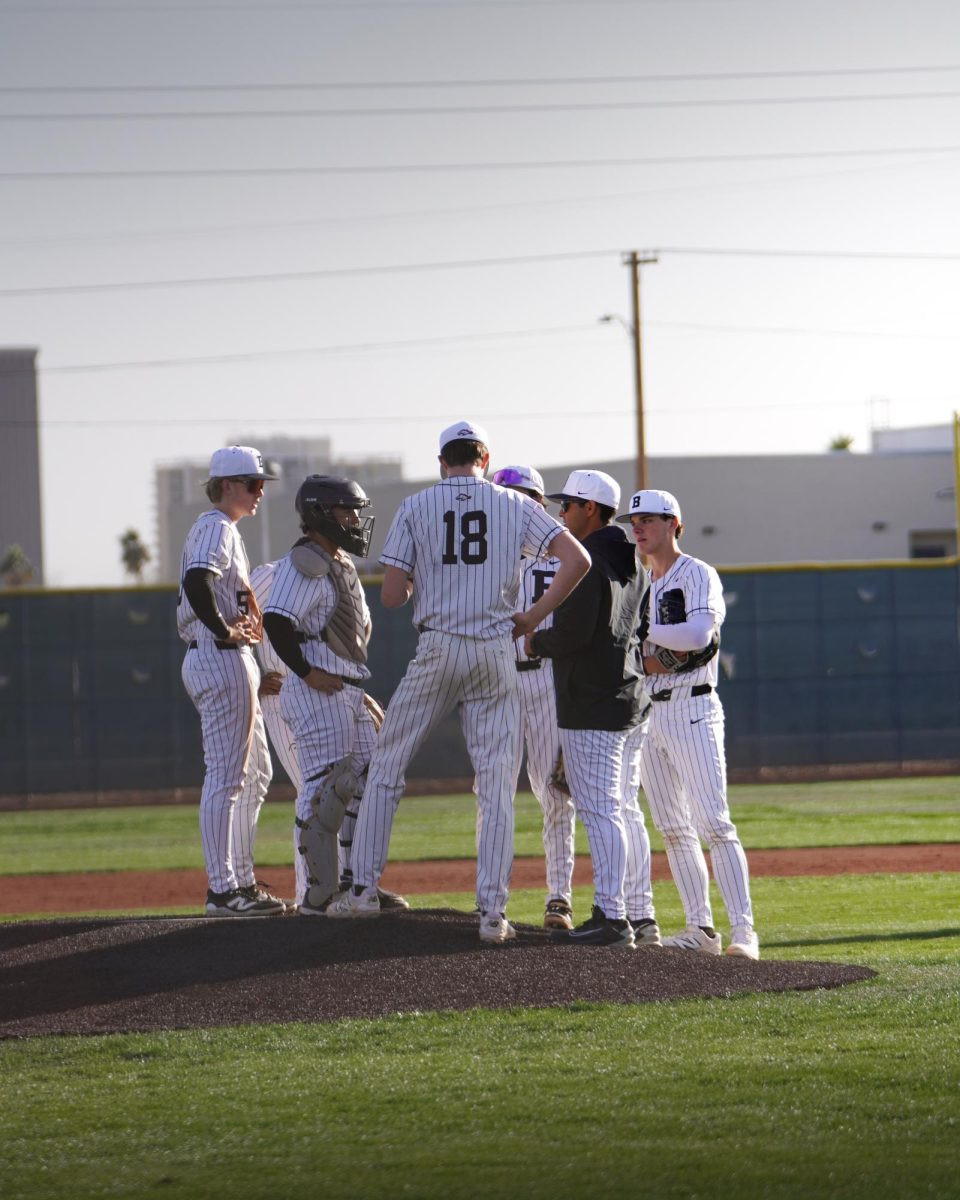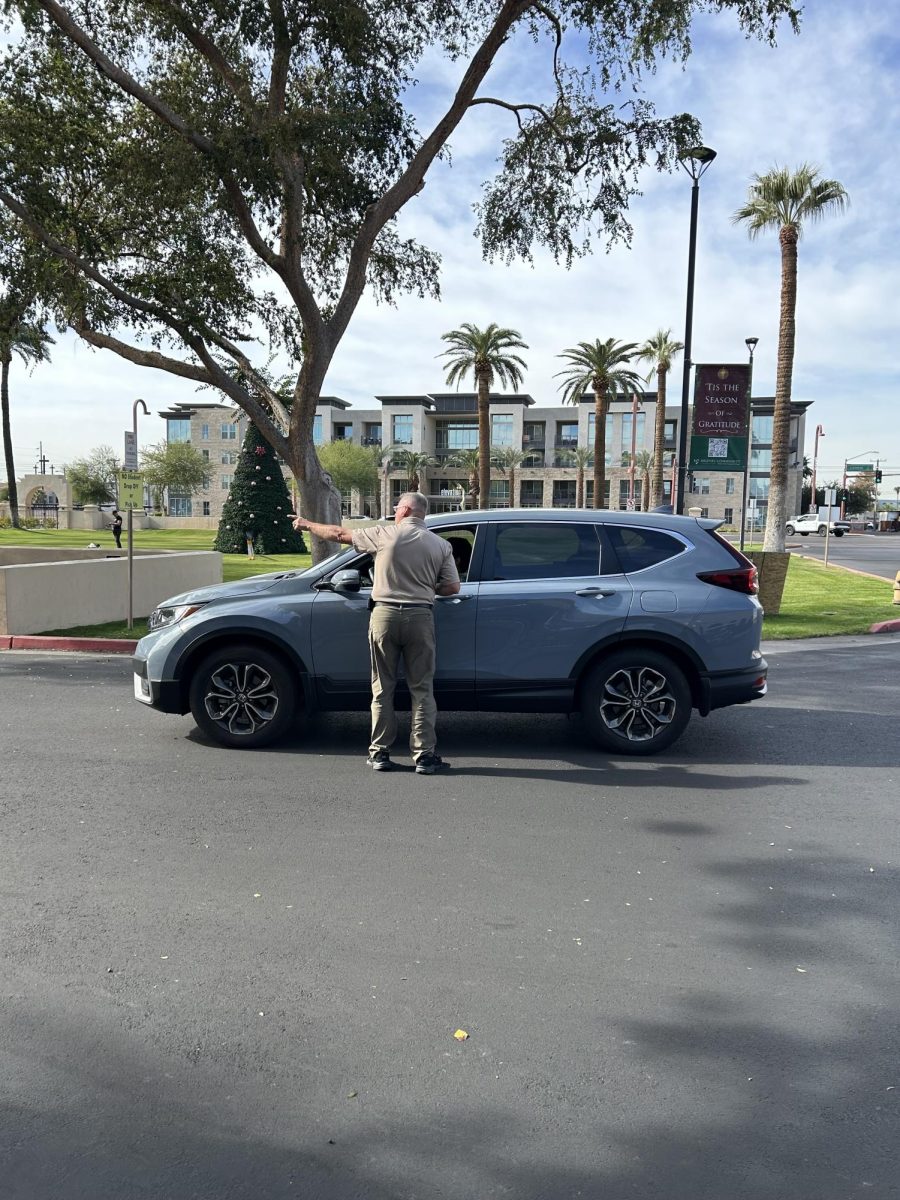By Joe Skoog ’13
THE ROUNDUP
American foreign policy needs to be rethought to avoid further malfeasances
The United States’ policies or interactions can have a casual relationship with the turmoil that is occurring in the Middle East.
Current protests and violence in countries like Egypt, Libya and Iraq have a founding in the failed neo-liberal U.S. foreign policies.
These same policies have culminated in previous debacles like the 2003 invasion of Iraq.
Former Secretary of Defense Donald Rumsfeld’s introduction of a counterinsurgency doctrine has done horrible things for the people of Iraq.
First, in the manual for counterinsurgency, written by the current head general in Afghanistan David Petraeus, soldiers are told to consult such works as “Small Wars: A Tactical Handbook for Imperial Soldiers.”
In this and other works explaining this tactic, counterinsurgency is shown as explicitly a cultural war.
In the manual it says soldiers must accept that Iraqis cannot perform like Americans.
This attitude of Western superiority and racism is one of the reasons why counterinsurgency is so dangerous.
In a lecture by Professor Albert Memmi he stated, “One cannot found a moral order, let alone a legislative order, on racism, because racism signifies the exclusion of the other, and his or her subjection to violence and domination … In short, the refusal of racism is the condition for all theoretical and practical morality because, in the end, the ethical choice commands the political choice, a just society must be a society accepted by all. If this contractual principle is not accepted, then only conflict, violence, and destruction will be our lot.”
This means that inevitably counterinsurgency will continue because, as he stated, there can be no morality in a world of racism.
Second, when this mind set is taken, counterinsurgency’s ideal of nation-building and democratization further the rift between soldiers and the Iraqi people.
Saying simply that one form of governance is superior to another or saying that a certain culture is savage and in need of saving by the West, causes a Middle East in need of constant re-intervention.
According to Professor Nicholas Mirzoeff, author of “War is Culture: Global Counterinsurgency, Visuality, and the Petraeus Doctrine,” counterinsurgency seeks to constantly try to stop what they perceive as barbaric forms of human expression.
Under this justification, things like invasions into Iraq and Afghanistan or funding Westernized governments in Turkey and Egypt become justified.
Additionally, while troop numbers are decreasing in Iraq, there are still Western influences there.
These influences on the government have led to protests because of the rampant corruption.
In an article by Stephanie McCrummen, she described how many protestors, especially young ones, attribute the instability of the government and Iraq as a whole to the occupation by the United States.
With these facts, it can be shown that the instability and violence in Iraq has continued beyond the United State’s presence there, because even though troops are not present, our country has still left its mark upon the government and the people of Iraq.














